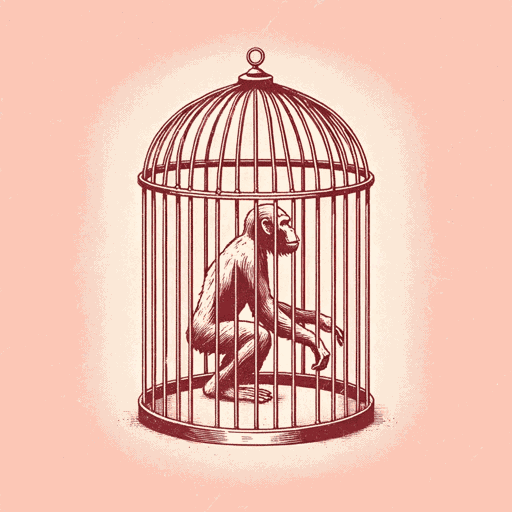31 pages • 1 hour read
Franz KafkaIn the Penal Colony
Fiction | Short Story | Adult | Published in 1919A modern alternative to SparkNotes and CliffsNotes, SuperSummary offers high-quality Study Guides with detailed chapter summaries and analysis of major themes, characters, and more.
Story Analysis
Analysis: “In the Penal Colony”
“In the Penal Colony” is a critique of the penal system’s oppressive nature. It also offers commentary on the dehumanizing effect of Power and Control. This short story is remarkable for its grotesque and vivid yet realistic imagery, as well as its exploration of injustice, the complexities of the penal system, and human nature.
A psychoanalytical lens reveals that the convicted man is entirely subjugated as a prisoner. He is not only enchained physically but has also been mentally programmed to feel enslaved and sees himself as such. Robert Young in his book, Postcolonialism: A Very Short Introduction, refers to this phenomenon as the “internalization” of the negative self-image as a result of psychological colonization. He writes that “being turned into an object, the object of a pointing finger and a deriding gaze, is only the exterior part. What also happens is that those in such situation come to internalize this view of themselves, to see themselves as different, ‘other’, lesser” (Young, Robert. Postcolonialism: A Very Short Introduction. Oxford University Press, 2003, p. 21). From an external point of view, the prisoner becomes merely an object of the colonizer’s gaze and pointing fingers.
Related Titles
By Franz Kafka

A Country Doctor
Franz Kafka

A Hunger Artist
Franz Kafka

Amerika: The Missing Person
Franz Kafka, Transl. Willa Muir

A Report to an Academy
Franz Kafka

The Castle
Franz Kafka

The Metamorphosis
Franz Kafka

The Trial
Franz Kafka

